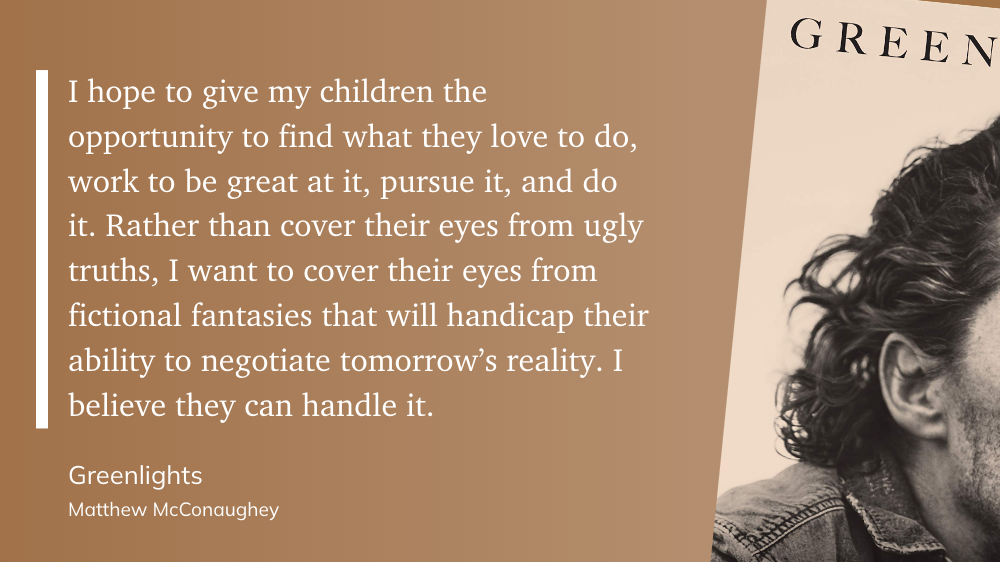
“It’s easily the most contentious piece of real estate in the world. And there’s no hope—none—of ever talking about it without pissing somebody, if not everybody, off. Maybe that’s why it took me so long to come here, a place where even the names of ordinary things are ferociously disputed. Where does falafel come from? Who makes the best hummus? Is it a fence or a wall? By the end of this episode, I’ll be seen by many as a terrorist sympathizer, a Zionist tool, a self-hating Jew, an apologist for American imperialism, an Orientalist, socialist, fascist, CIA agent, and worse. So here goes nothing.”
Anthony Bourdain, from the 2013 “Jerusalem” episode of Parts Unknown.
I was raised in a non-denominational church—that’s code for ‘we are Christians, but we don’t like the rules of any Christian sect, so we’ll make our own and also choose to be radical fundamentalists’—making my view of the Israeli-Palestinian conflict quite skewed for a long, long time. We were taught that Israel was the Holy Land, the Promised Land, the Land of Milk and Honey, and that every true Christian should go there at least once in their lives to walk in the footsteps of the heroes of the faith.
Oddly, it sounds very similar to the Muslim Hajj, but I digress…
We were also taught that the Jews were the chosen people of God. To speak ill of the Jewish people or to not support Israel was akin to high crimes of treason against the church, unthinkable and unacceptable. Also, we were taught that Muslims and all Palestinians were the enemies of God and essentially the embodiment of Satan and his minions.
Oddly, this rhetoric is similar to any extremist religion, choosing enemies of a God and naming people it’s perfectly acceptable and encouraged to hate. Weird.
However, in the 20-ish years since I left that church and the misguided people in charge and in my ongoing struggle to come to terms with my own faith—plot twist: I think there’s some truth to be found in all religions, including the religion of not being religious—I’ve changed my mind on any number of things, including the Israeli-Palestinian conflict.
Of course, I don’t have an answer. People much smarter and more powerful than me have tried and haven’t come up with a winning solution yet. It’s an old, old problem, tied up in disparate beliefs that form the very core of many people. Emotions run wild on both sides of the battle, giving reason little space to maneuver.
I don’t know that the violence will ever stop. Here’s what I do know: Violence begets violence. If we can’t come to an agreement amongst all parties involved that, at the most basic level, everyone involved is connected on the most basic level of being human and inhabiting the only home we’ll likely ever know, then I see no hope in ending this ridiculous conflict.
Both sides are right, both sides are wrong.
And none of us are the better for it. This conflict represents one of many very difficult conversations we should have with our children and our students. We must have these conversations, make room to talk with disagreeing people, and try to come to some common understanding.
If not, we all lose.
Quote of the Day

“I hope to give my children the opportunity to find what they love to do, work to be great at it, pursue it, and do it. Rather than cover their eyes from ugly truths, I want to cover their eyes from fictional fantasies that will handicap their ability to negotiate tomorrow’s reality. I believe they can handle it.” (Matthew McConaughey, Greenlights)
No products found.
Musical Interlude
Having only recently discovered the Black Pumas, I loved this cover of the Otis Redding classic.
Long Read of the Day
On the eve of the 70th anniversary of Brown v. Board, scholars revealed racial and economic segregation in American public schools has steadily increased throughout the last few decades.
The trend is unsurprising to lawyers and researchers familiar with the challenges of Brown’s implementation, who’ve sounded the alarm that the widespread practice of tying school assignment to childrens’ home addresses has perpetuated segregation.
But one civil rights and education law expert maintains a sense of optimism, offering new ideas for how courts and state legislatures can take on integration efforts.
“There’s a whole lot that they could do if they wanted to,” said University of North Carolina law professor Erika Wilson, “but often states lack the political will.”
Racial and economic segregation in American public schools is increasing, despite efforts to desegregate. Civil rights lawyer Erika Wilson highlights the challenges in addressing segregation and advocates for racially and economically integrated schools for a healthy democracy. She suggests rethinking school district boundaries and the role of charter schools in promoting equity in education.
Video of the Day
Wes Anderson, known for his meticulous craftsmanship in filmmaking, was chosen to direct Montblanc’s commercial for their hundred-year-old Meisterstück writing tool. Filmed in Germany, the short features Anderson, Jason Schwartzman, and Rupert Friend, who portray mountain climbers inspired by Montblanc’s products. The ad transitions from the snowy Mont Blanc to a warm chalet, which required 50 takes. Anderson surprised Montblanc by presenting a prototype pen he designed, the Schreiberling, and requested its production. The company agreed to produce 1,969 pen copies, referencing Anderson’s birth year, 1969. Anderson’s career has evolved from his early days in Rushmore and The Royal Tenenbaums to influencing the film and luxury goods industries.
Final Thoughts
Three. More. Days.
The Eclectic Educator is a free resource for everyone passionate about education and creativity. If you enjoy the content and want to support the newsletter, consider becoming a paid subscriber. Your support helps keep the insights and inspiration coming!

